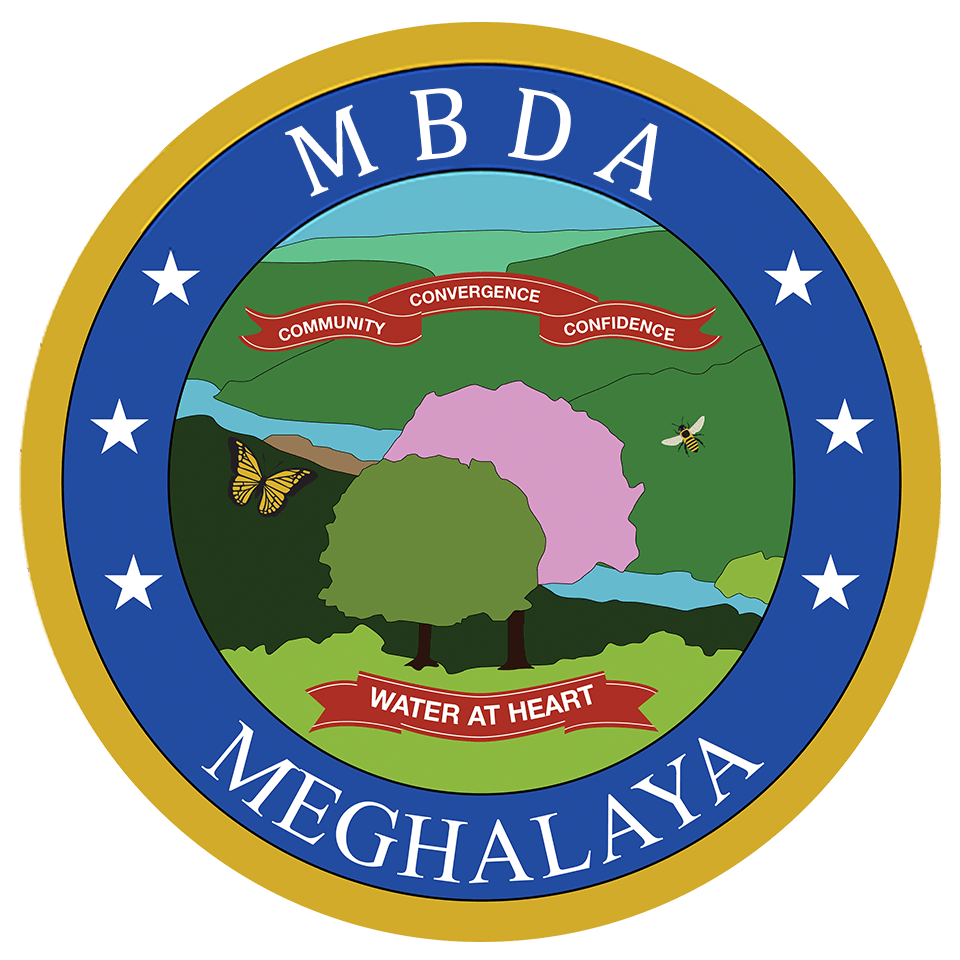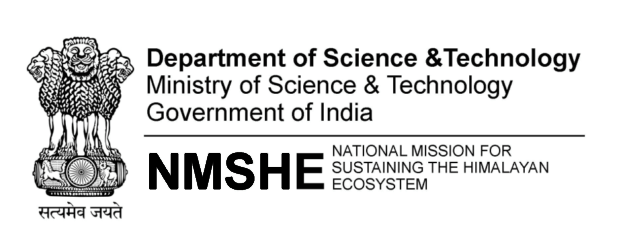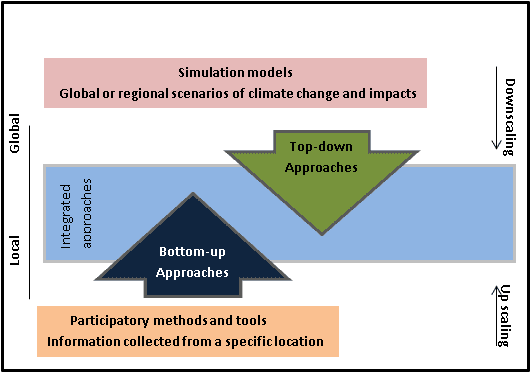


Knowledge Building
Meghalaya Climate Change Centre has adopted the combination of bottom – up and top – down approach to generate state specific knowledge on climate change which includes climate model based scientific studies as well as knowledge captured through picking up people’s views and perceptions on the impact of climate change through field based surveys in rural settings across the State. The centre has collaborated with the Institutions of National and international repute to carry out state specific studies for understanding the complete picture of climate change and its potential impacts in the State.

State Greenhouse Gas Inventorization through Carbon footprint Study
The GHG emission inventorization for the State was carried out based on the IPCC guidelines for National Greenhouse Gas Inventory. The study identifies the sources and removal sinks within the boundary of the State in the baseline year 2012-13. The Carbon footprint study indicates that the Net GHG emission in the baseline year was 2.96 million tons of CO2 eq.
Identification of climate vulnerability hot-spots in Meghalaya using high resolution climate projections
The study provides the historic trends in changes in rainfall and temperature as well as future projections for next 80 years for different time periods under different emission scenarios. Both observations and projections suggest an increase in precipitation and air temperature in the State of Meghalaya. The projected changes estimate climate at block level using the high resolution data. The State is anticipated to experience a significant rise in the frequency of extreme precipitation and temperature under all scenarios.
Assessment of the Impact of Climate Change on Forests & Biodiversity of Meghalaya
Meghalaya has approximately 80% forest and tree cover of its geographical area and is house of rich and endemic biodiversity. The study presents a complete picture of inherent as well as future vulnerability of forests to climate change impacts. Vegetation dynamics models and high resolution multi-model climate change projections indicate the vulnerability of the forests and it implicates in the shift of vegetation boundary and loss of floral biodiversity.
Impacts of Climate Change and Adaptation to it: Perception and Traditional Knowledge of the People in Rural Areas of Meghalaya
This study adopted the bottom-up approach to understand sector specific climate vulnerabilities and identify traditional practices for adaptation to minimise the impacts of climate change. Majority of the respondents (72%) believe that there has been increasing trend of temperature during summer as well as in winter, and decreasing trend in summer and winter rainfall which is in conformity with the scientific studies available for the State. The occurrence of extreme climate events like number of hot days, and extreme events such as floods, hailstorms, drought, landslides etc. have perceived to increase in the past two decades. Availability of water has considerably declined in the last two decades, and many parts of the State are facing water scarcity mainly during winter. People’s observation on climate change and the availability of resources in the past and present indicates the kind of impact climate change is bringing.